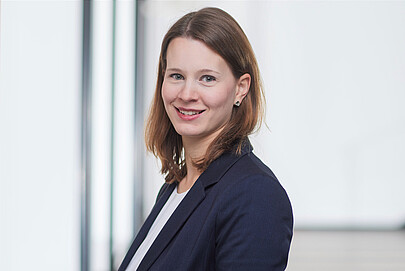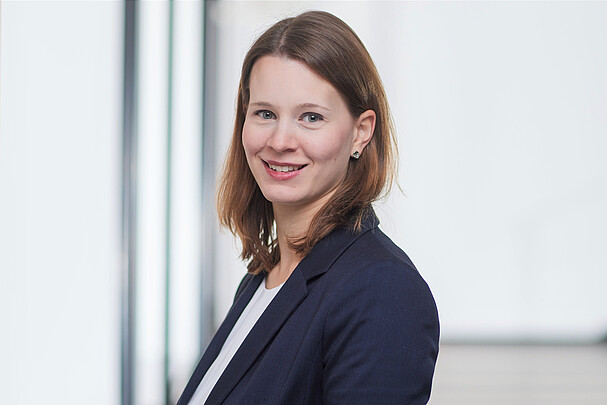Implementation of OM Models and Procedures in Python
The aim of this module is to give you a comprehensive understanding of the development of Python code, with particular emphasis on selecting suitable data structures, mastering object-oriented programming, implementing algorithms and mathematical models in gurobipy and efficient code design. In order to build efficient code, you will acquire knowledge of profiling and debugging methods. Through the ability to prepare, output and visualise data, you will be able to apply your programming skills in practical applications.
There will be a combined lecture and exercise with the following content:
- Python and Visual Studio code
- Selection and creation of suitable data structures
- Implementation of algorithms
- Mathematical models in gurobipy
- Profiling and debugging methods
- Data analysis with pandas
- Visualisation with matplotlib
The examination consists of four assignments during the semester plus oral examinations, which are completed in group work. You will receive more detailed information on this in the first lecture.
“Implementation of OM models and procedures in Python - advanced project”
Building on this course, you have the opportunity to complete the course “Implementation of OM models and methods in Python - advanced project”. In this course, you will deepen the knowledge you have gained in the context of independent group work. Your work will then be written up in a term paper.
Please note that both courses can only be completed in the same semester. The assignment will be issued at the end of the lecture period; it will be completed during the lecture-free period.
Students on the Engineering and Business Administration degree program can alternatively have the combination of both courses credited as “Scientific Computing” (10 credit points). Further information can be found here.
All further information on the course can be found in the Stud.IP group ‘Implementation of OM models and methods in Python’.
The event is limited to 20 places. Please register on this page. The first-come-first-served principle applies.
You will need your own laptop or computer (ideally a Windows computer) for the course. If required, you can borrow a laptop from LUIS. The required software will be made available on Stud.IP and must be installed on the computer before the first lecture. For technical problems, there will be a consultation hour before the first lecture. You can find more information on Stud.IP.
Contact


30167 Hannover




30167 Hannover




